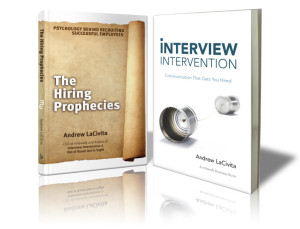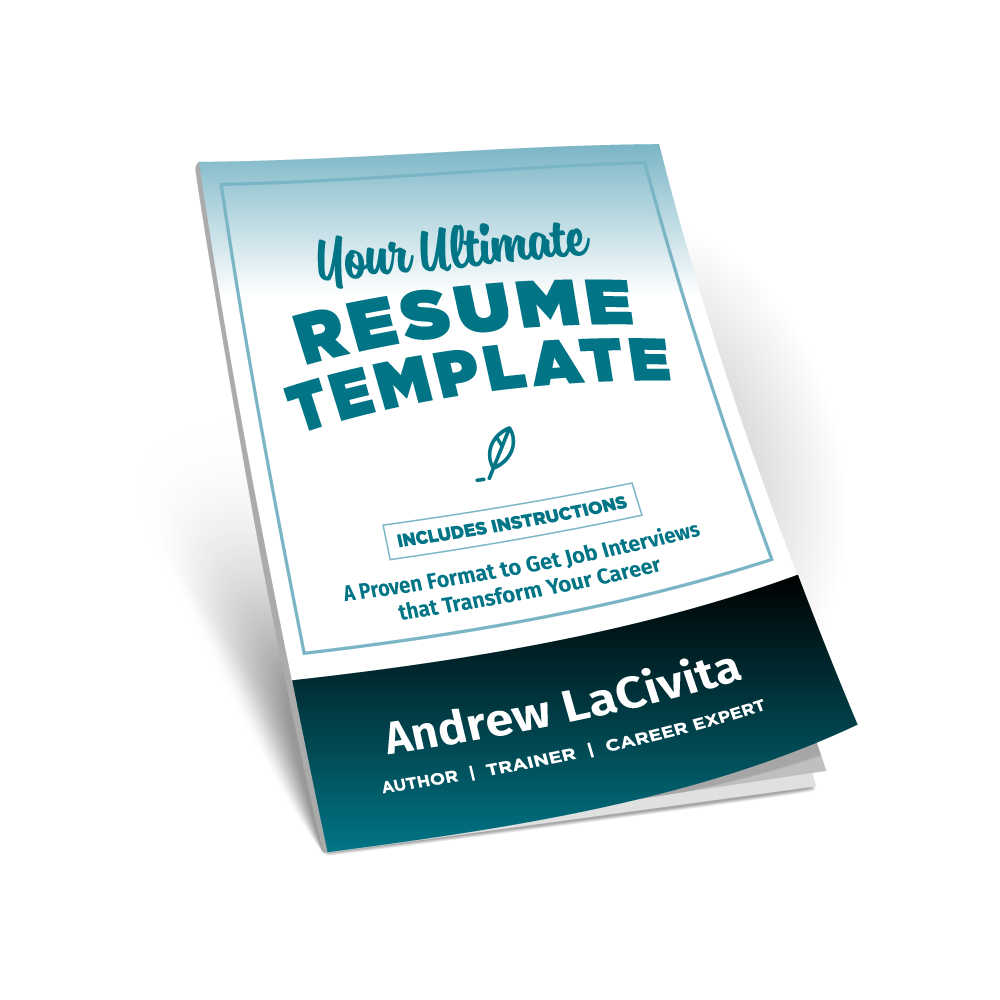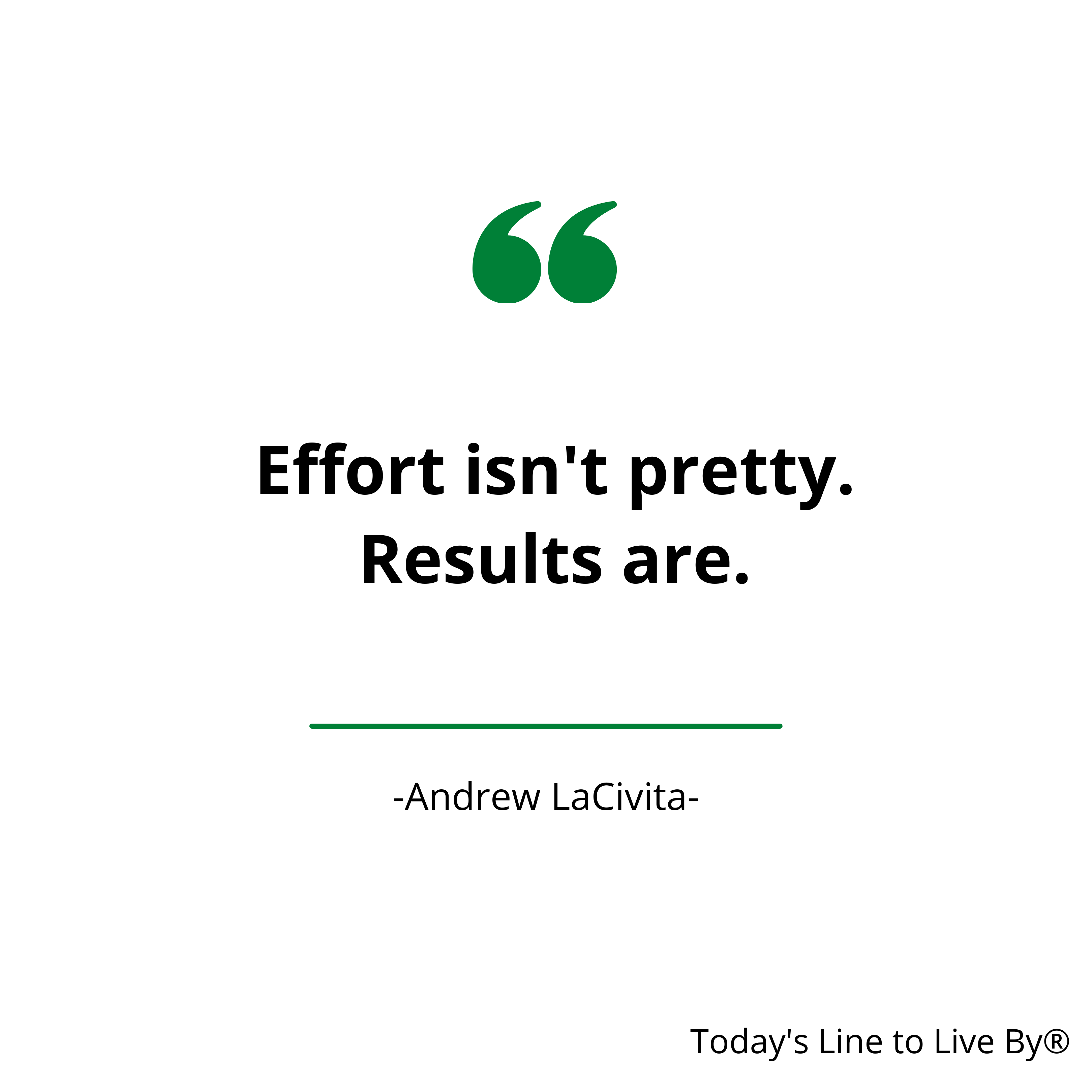I’d like to offer I was a bit loose with the title. The Human Resources persona is not technically correct. Those that sit on the interviewer’s side of the table can be from HR (or Recruitment), but many are hiring officials or other employees.
I’ve worked with several hundred HR resources during my career. I’d estimate ninety percent of them are not only highly competent, but also have their hearts in the right place when it comes to hiring and employee management.
Even so, those individuals are often handicapped—saddled with other contributors to the interviewing process who are paid to do something else for a living. As such, you will encounter a collection of inexperienced or ineffective interviewers. This often leads to many stumbles in the process.
Let’s take a peek at some of them and what you can do:
Let’s just hire someone and then we’ll figure it out.
We don’t know exactly whom we seek so your guess is as good as ours. The biggest mistake employers make is not being clear upfront—with themselves—regarding who specifically they seek. You’re left to guess. Since you’re not a mind reader, ask questions to help you triangulate a successful profile and highlight how you match those traits. What type of person would be successful in this role? What would you consider a successful first year for a person in this role?
The reason we can’t tell you what success looks like for this job is because we’re not sure. If you can’t assess this during your interview how will you know whether you can do the job or like the job? Make sure to ask about the key metrics the company will use to evaluate the person. If they can’t address them, ask them to provide qualitative points they consider important for success in the position.
Can someone turn on the VACANCY sign?
We just fired someone (or are about to) so you better not in any way resemble him or her. Uh huh. Now what? Make sure to ask why the position is open. If the interviewer indicates someone was recently removed, ask why. You can also ask questions such as, “What type of traits or skills would a new person have that would be an upgrade at that position?”
The reason the position is open is because the employee who previously held this position correctly assessed that your potential boss was a “Bad Boss” excerpt from the Good Boss, Bad Boss series. Make sure to thoroughly evaluate your potential boss. What style works for him or her? How does he or she get along with subordinates? What are his or her expectations?
We don’t care what you want as much as we care about what we want.
We don’t care as much about what you want as we do whether you have the skills to do the job. You should care about everything, but especially whether the employer can satisfy your needs and wants. First, make your list of needs and make sure it’s lengthy. (See The Top 12 Happiness Factors for Employees and The Secret to Avoid Career Stagnation to get started.) Second, design your questions to elicit information you need to make a fully-informed decision regarding whether employer can actually make you happy. (See 39 Great Questions to Ask in a Job Interview and How to Ask the Perfect Job Interview Question.)
We never said we were mentalists.
We’re not mind readers or very skilled at interviewing so please ask us very specific questions so we can provide you exactly what you need to know. This works both ways. Make sure to ask good questions (the more the better) and leverage your list of happiness factors. You also need to be mindful of this when telling your stories in response to their questions. See the series 5 Ways to Make People Remember Your Job Interview starting with How to Keep it Short and Simple.
The Theory of Relativity is really prevalent in our company.
The reason there’s a delay in the recruitment process is because we’re confused more now than when we started interviewing candidates. This happens when companies see live targets. They often don’t have strong plans going in and now you’ve convoluted things by opening your mouth. (Shame on you.) Stay in contact with them and be clear regarding your interest. They will sort it out soon enough. If they don’t, you probably won’t want the job anyway.
The reason there’s a delay in the recruitment process is because we’re scurrying to get another candidate through it. As I mentioned in the previous point, they might be confused but they might also be attempting to move another candidate through the process. Make sure to ask whether there are other candidates in contention and how you fit relative to the others.
The reason there’s a delay even though we told you we’re preparing an employment offer for you is because we’re trying to get approval for something we thought we had. Unless you are a very senior-level executive with several components to your compensation, a company should be able to turn around an offer letter and package relatively quickly once it decides to do so. Most are simply form letters with a few changes to name, rank, and compensation. If you think something sounds funny, it likely is. Press the company a bit to see if they’ll indicate what’s holding up the process. Hopefully they’ll be honest.
I’d love to hear from you: Any thoughts on HR secrets?
If you enjoyed this article, you can find other wonderful tips and tricks related to life and work via the usual social spots at LinkedIn, Twitter, and Facebook.
As always, I give away a complimentary Interview Intervention eBook if you sign up for the milewalk newsletter on the front page of the milewalk Website!
In other exciting news, The Hiring Prophecies: Psychology behind Recruiting Successful Employees is now for sale!










Leave A Comment